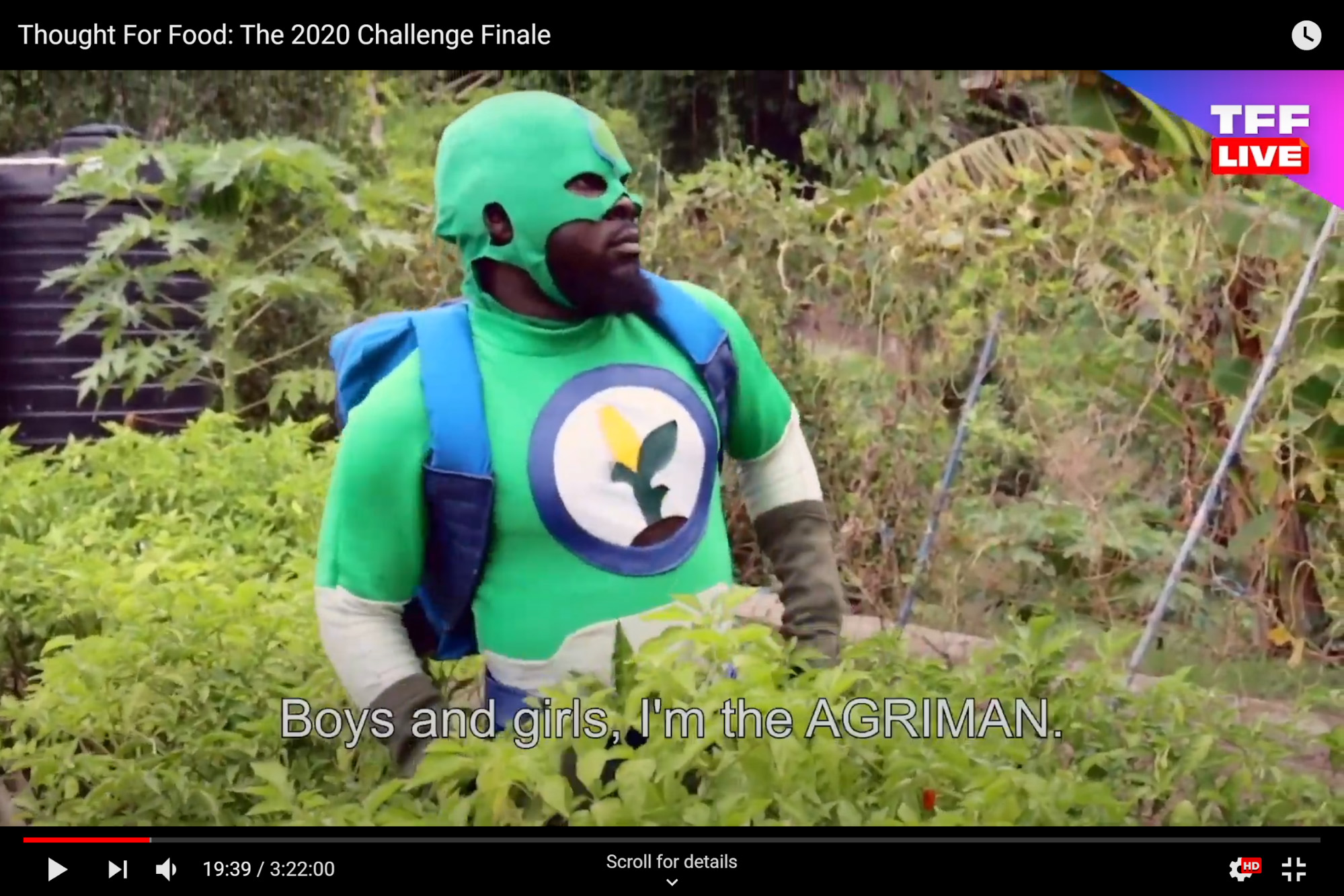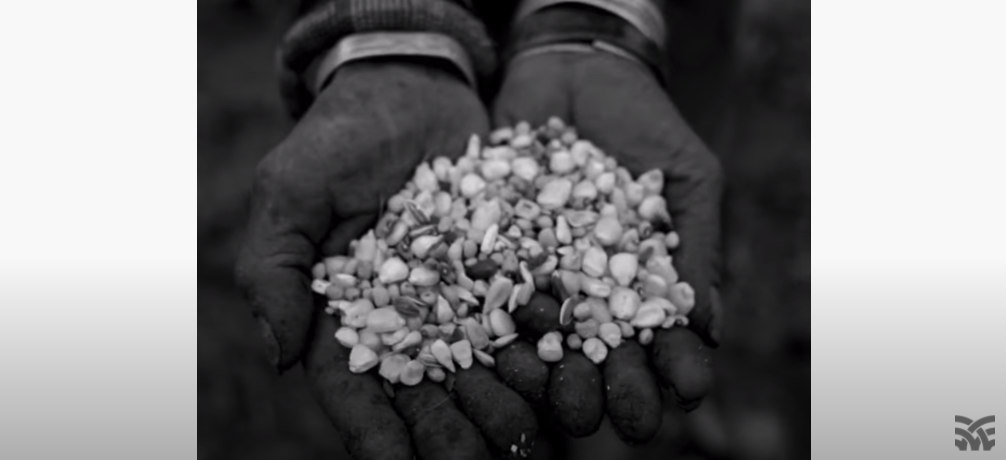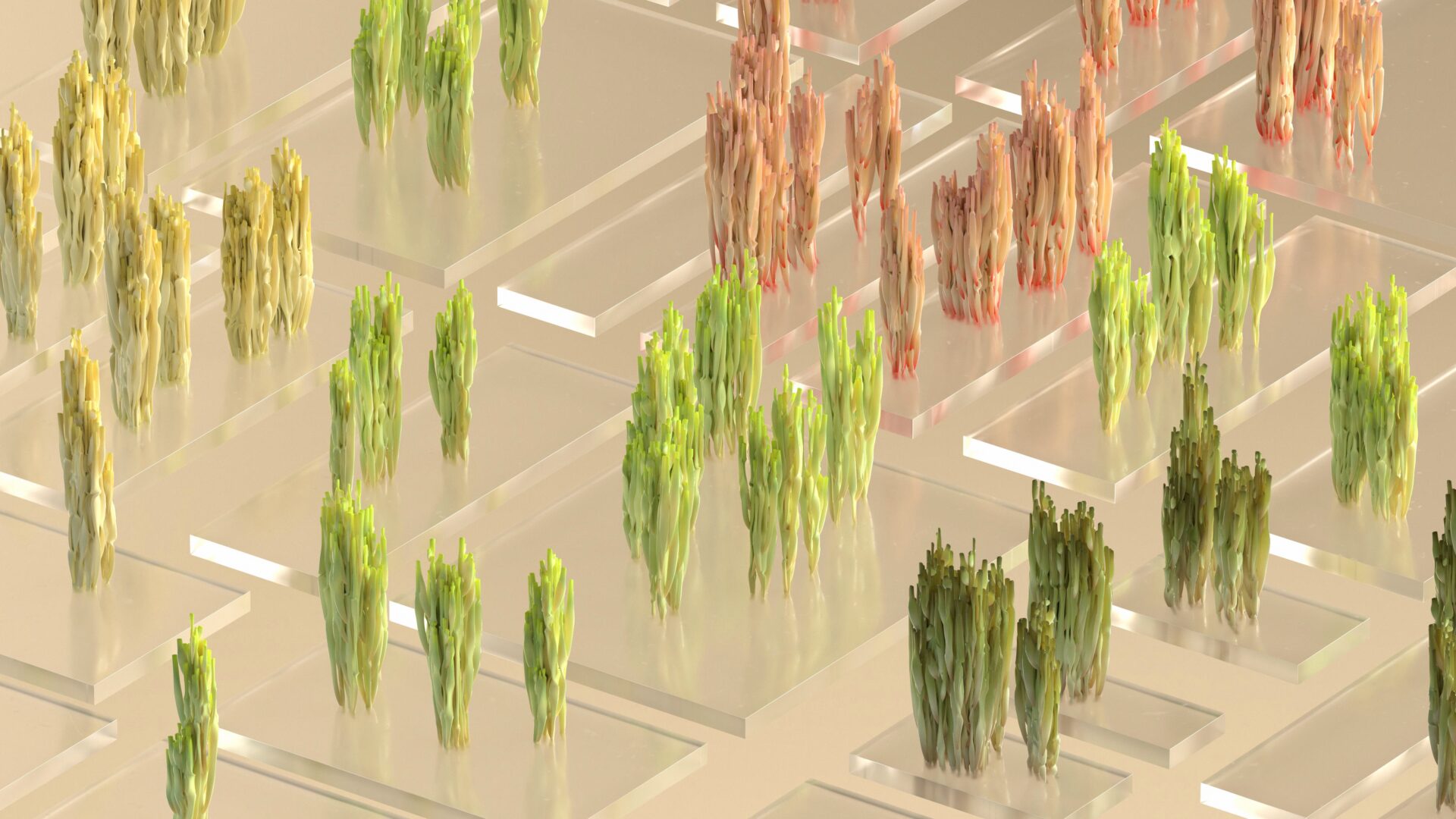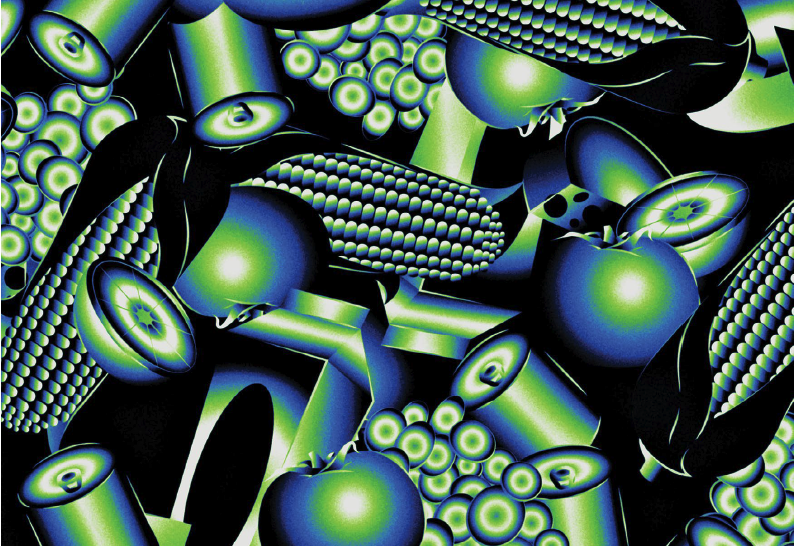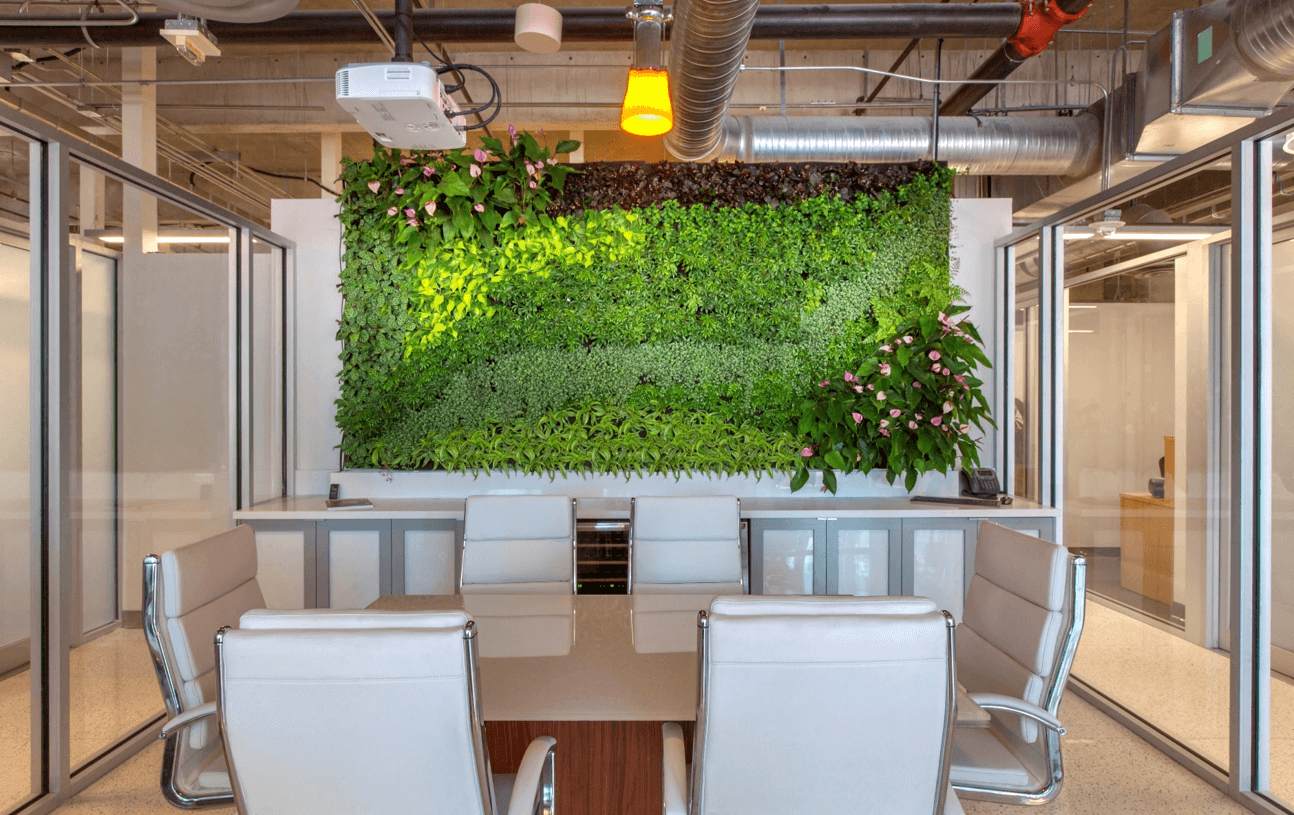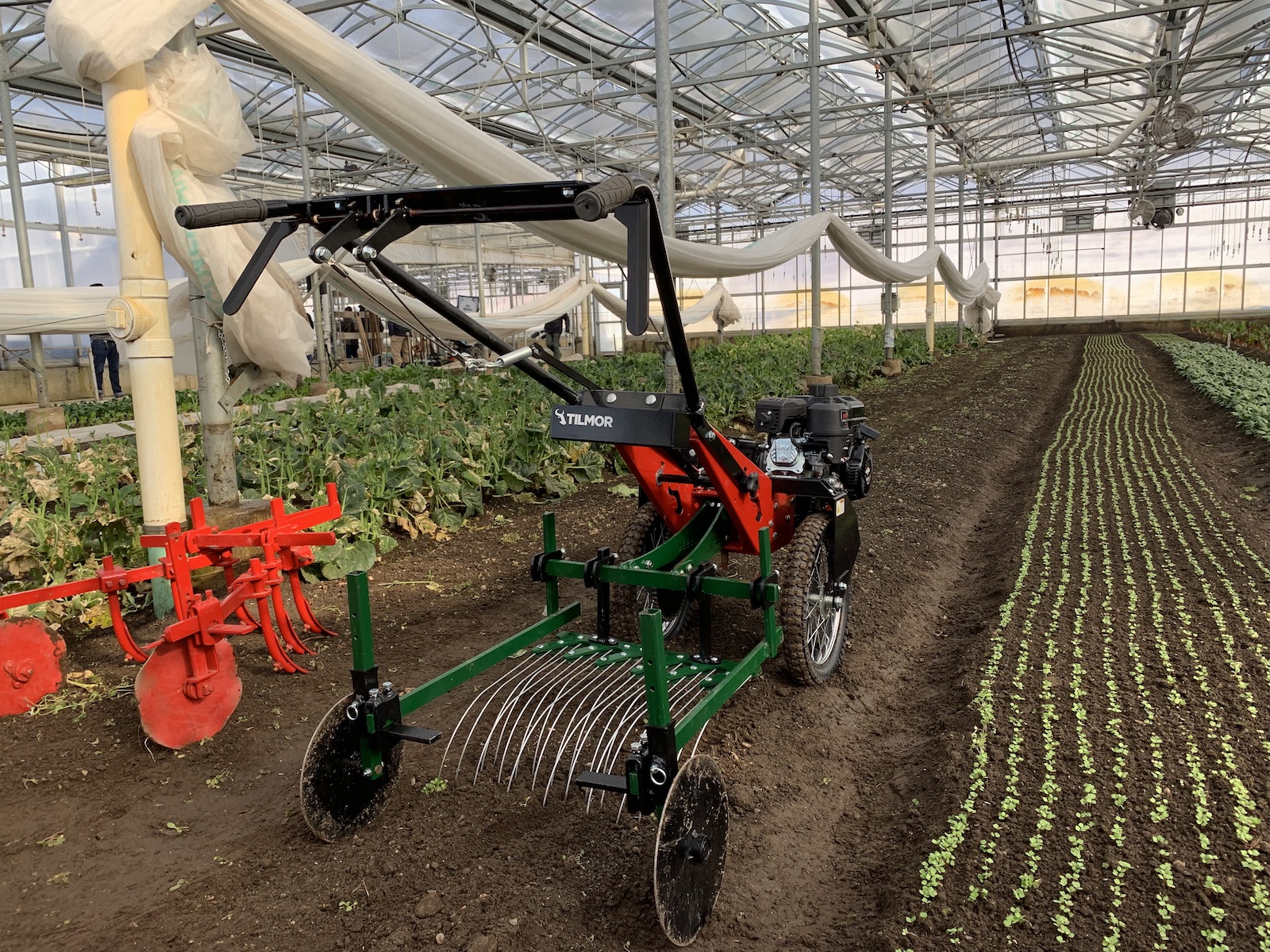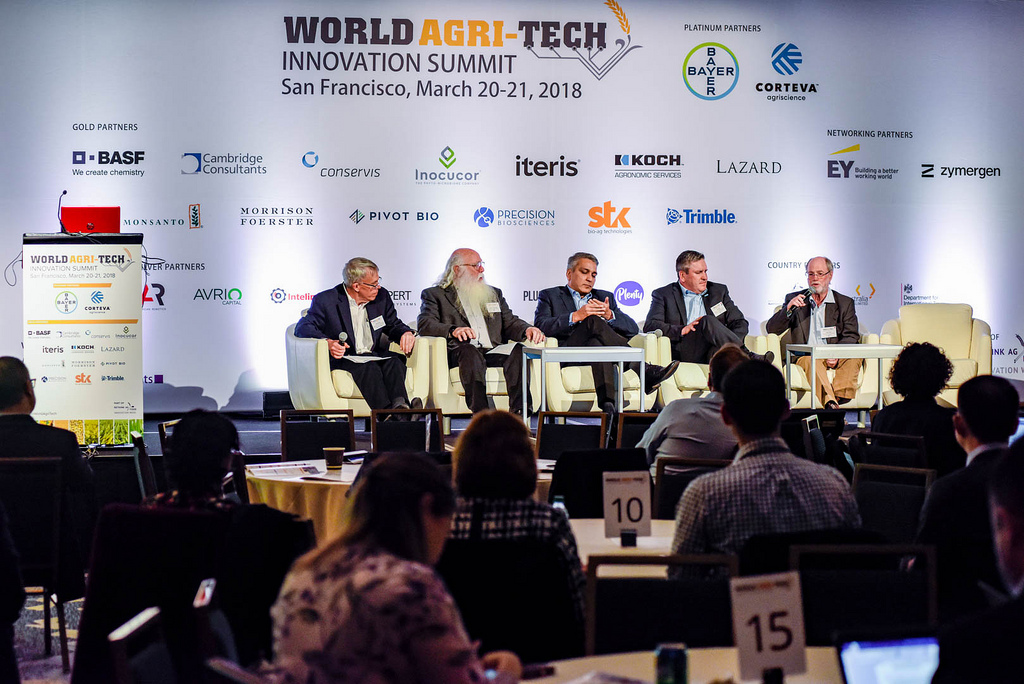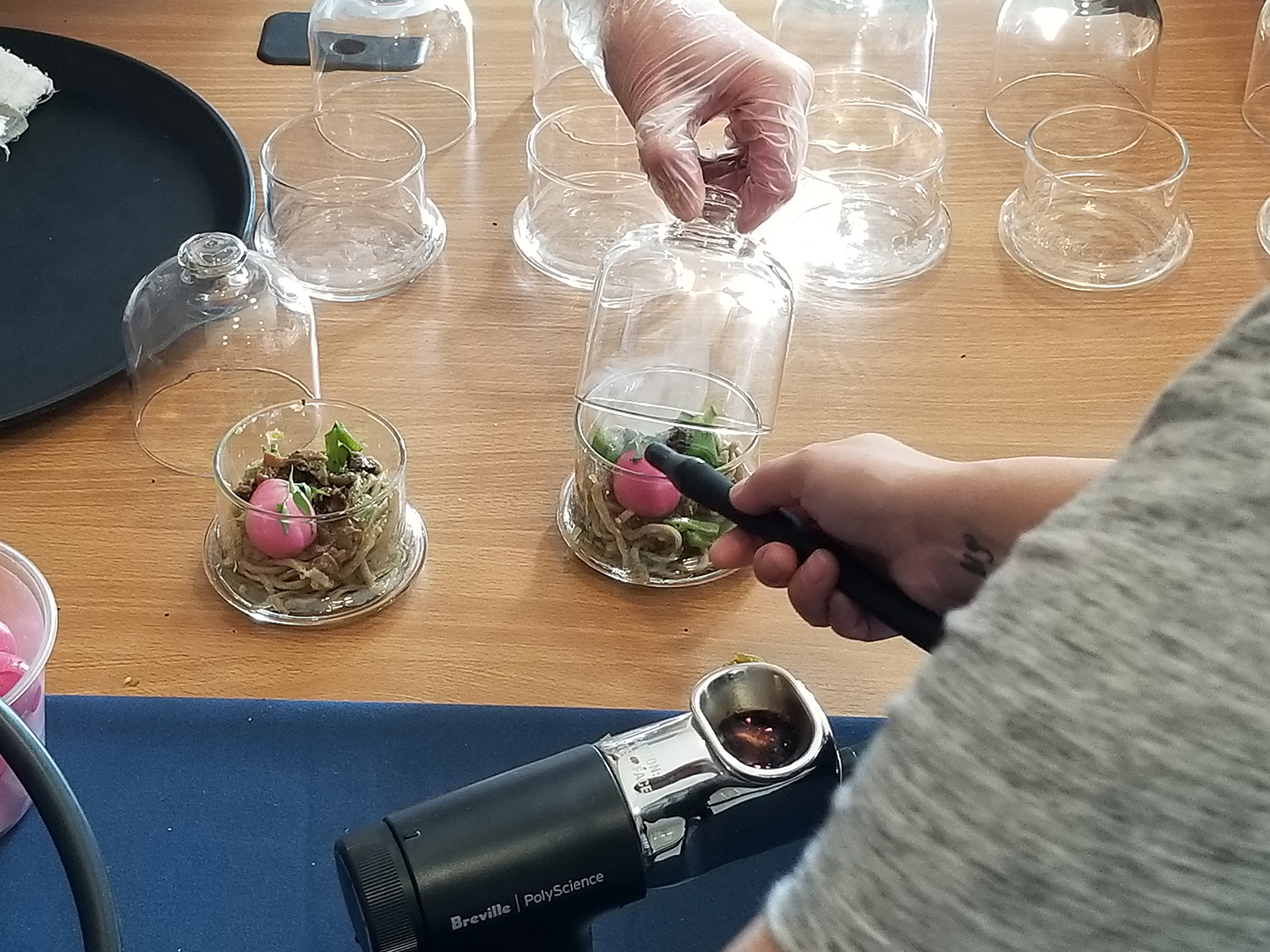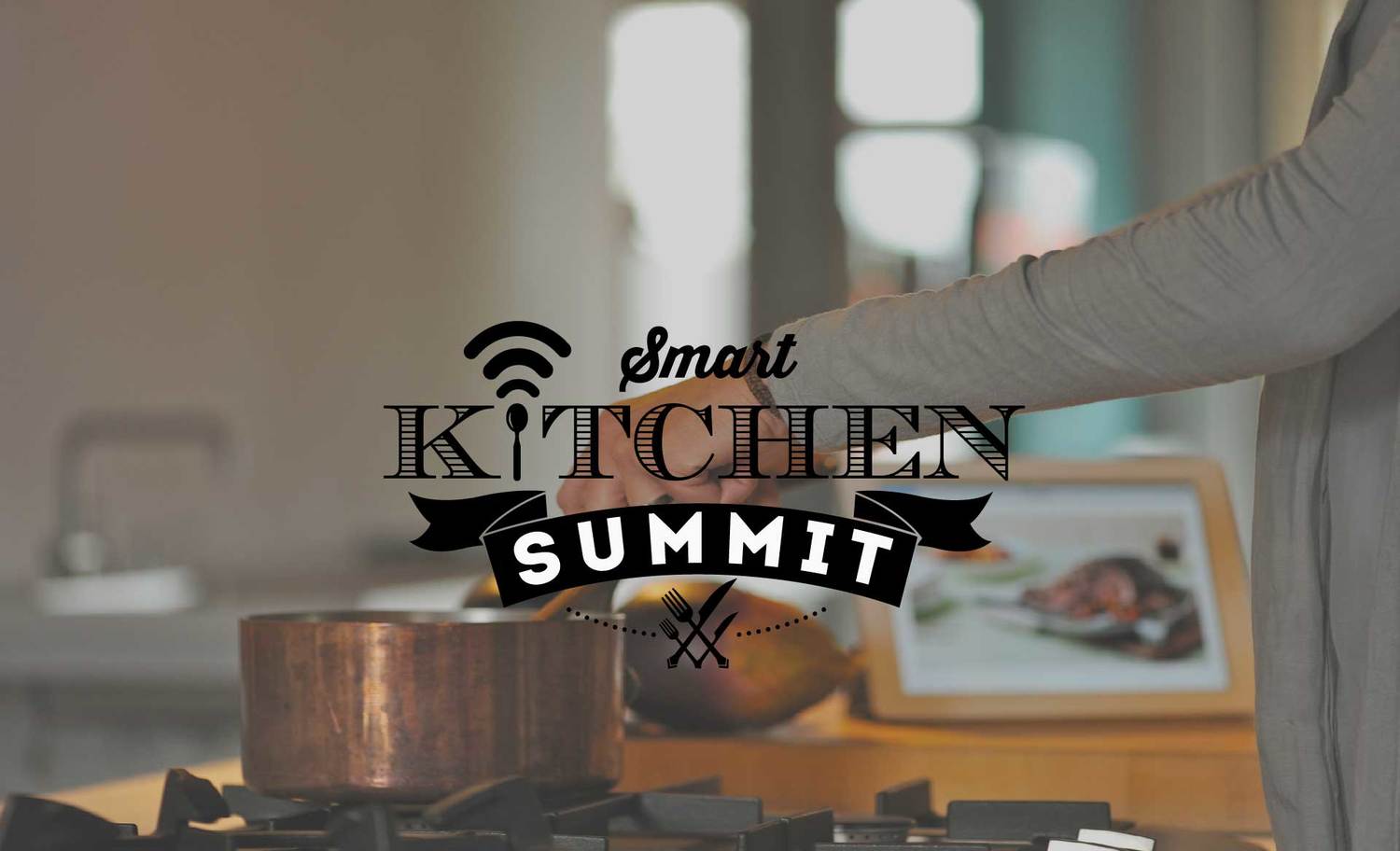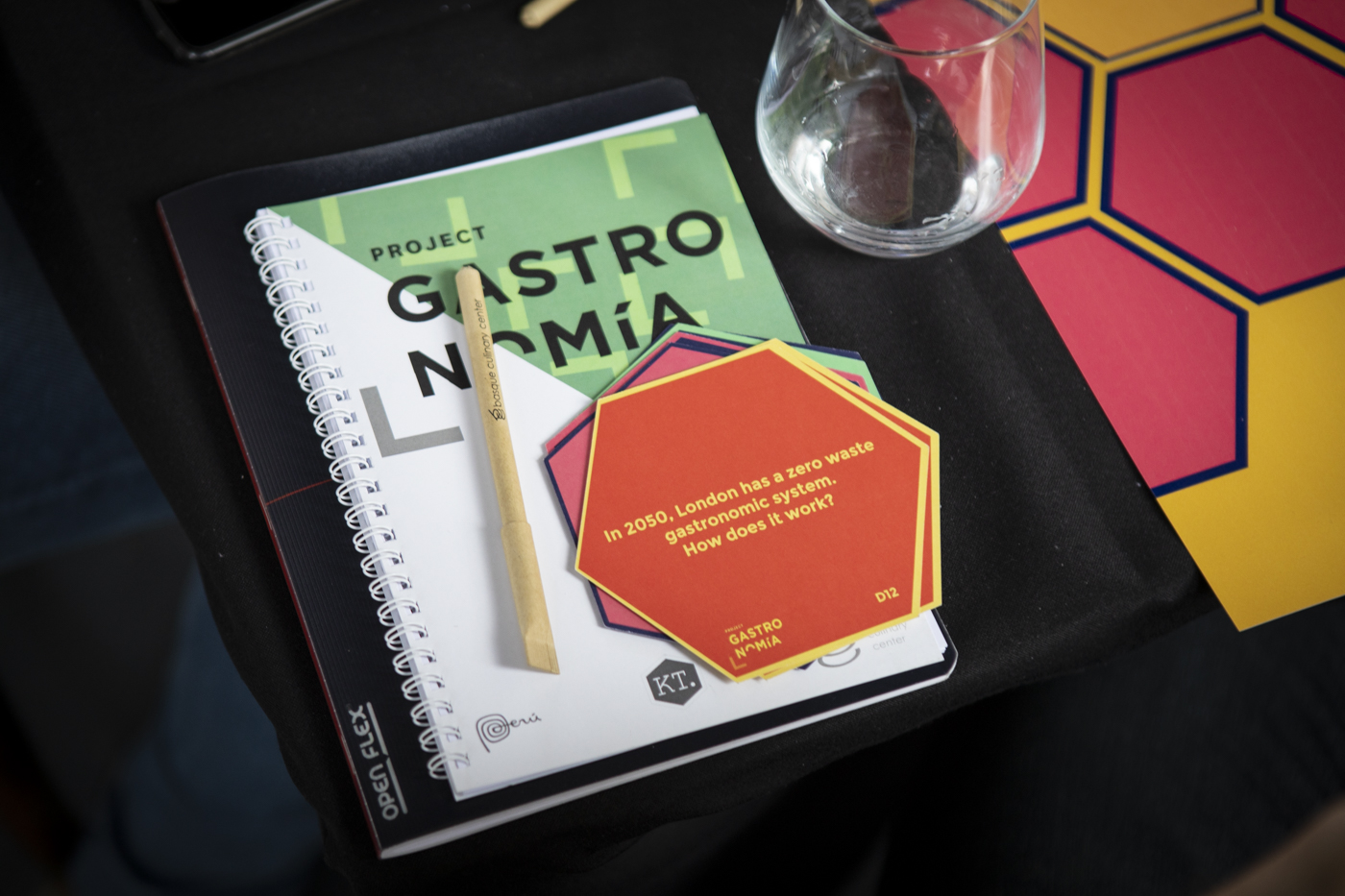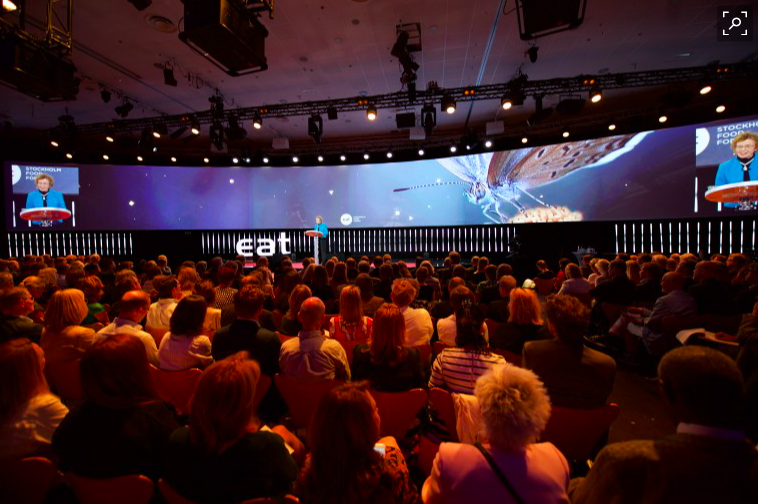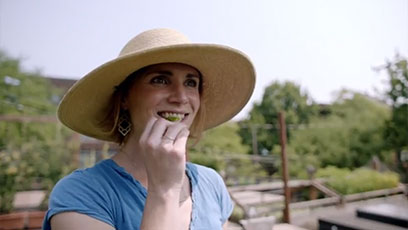Join MOLD and the Basque Culinary Center in this one-day summit at Copenhagen Techfestival as we explore how we might redesign the food chain.
Tech is radically overhauling how we grow, transport, sell and consume food. Even what we conceive of as food.
It offers the opportunity for more accountability, transparency and efficiency in the food supply chain; deeper insights into the senses that drive people’s culinary desires and choices; amplified personalization and enjoyment of food experiences; and the power to help communities engage around healthier eating habits.
But much of this technology looks set to push humans out of many key roles along the food chain and neglect the broader ecologies involved in food production, our relationships with wildlife and the planet. However, the consequences of this may not be of concern to those developing the tech.
On September 6th in Copenhagen’s Meatpacking District, through highly interactive workshops and discussions, we will examine how to not just place people at the heart of food tech developments, but to accommodate human labor and intelligence and the complexity of multispecies ecologies. From the breeding of seeds and the feeding of fields to the serving of meals, from the shipment of produce to the delivery of takeouts, and everything in between, how can we ensure that tech empowers, rather than displaces, humans from the food chain. How do we prioritize the joy of being human and the human intelligence needed for creating a regenerative food system that has integrity and discernment?
REDESIGNING THE FOOD CHAIN
Friday, September 6
9AM – 5PM
This event is FREE for all wristband holders and open to the public. NOTE: We have wristbands for the first 30 students, educators and non-profit professionals to register. Please send us a note in your application.Apply here today!
With presentations and interactive workshops by:
- Juan Botero, Basque Culinary Center on Digital Gastronomy Living Lab
- Natalie Tillack, DenkFabrik.io on Blockchain and the Food System
- Emily Whyman, Collective Edibles on Multispecies Urban Planning
- More speakers to be announced…
Key questions to explore include:
- How do we design food tech that places humans at its core and values human discernment?
- How can tech empower people to regain agency over their relationships with food, from growing and communicating, to distributing and consuming it?
- How can we nurture a broader view of future food systems that can mutually benefit end consumers and the collaborators (microbial, vegetal, animal, ecological) essential to its working?
- To create a regenerative food ecology we need to place the senses at the heart of food experiences. How can we use technology to prioritise the senses to amplify peoples’ enjoyment of food and engagement in food systems? How might technology drive us further from these goals?
- Technology, particularly automation, will make some roles within restaurants and their supply chains redundant: what will hospitality jobs of the future look like and how will gastronomic experiences change?
- Trust and transparency are key to technology that empowers humans. What needs to be transparent and how can we ensure it is so? What should be measured and how can we ensure people understand the value of doing so?
